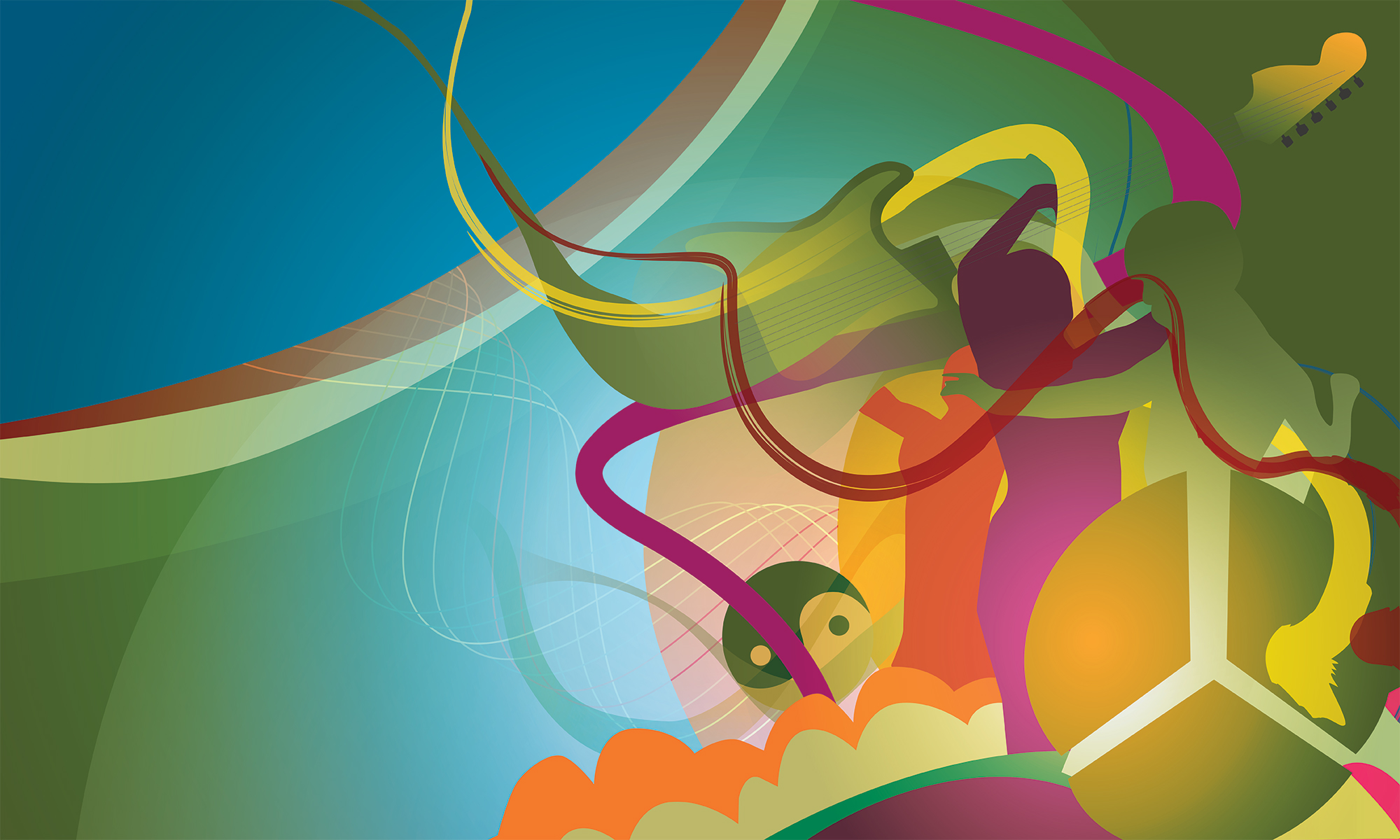A Conference at Princeton University
September 27-28, 2019
In the late 1960s and early 1970s, a generation of young Americans sought to create lives and build communities which were outside of mainstream American norms and practices. They looked in new directions for spiritual fulfillment, experimented with communal living arrangements, pushed back against established practices, challenged notions of expertise, and offered tools for living which simultaneously embraced technological innovation and rued modernity. Their ideas, aspirations, and experiences were varied and took many different forms. Collectively, however, they created a “counterculture.”
The “counterculture” was a formidable site of intellectual production and political debate, and an important part of the larger and longer history of twentieth-century American intellectual and political life. It included a rethinking of social organization — the role of individual autonomy, community, and collectivism — a grappling with science, economics, and democracy; a challenge to patriarchal authority; a questioning of professional expertise; a critique of capitalism (as well as a defense of alternative capitalisms); a push for environmental conscientiousness; and a reconsideration of the boundaries of freedom.
This two-day conference aims to take the counterculture seriously. What influenced and shaped the ideas of the counterculture? What realities did the counterculture aim to recreate? What did it mean to participate in the counterculture? How should we think about the legacy of the counterculture in this moment?
The conference reexamines well-known events, persons, and movements, and explores themes long-forgotten, never discovered, and obfuscated by the larger historical narrative, in an effort to write the counterculture back into it.

